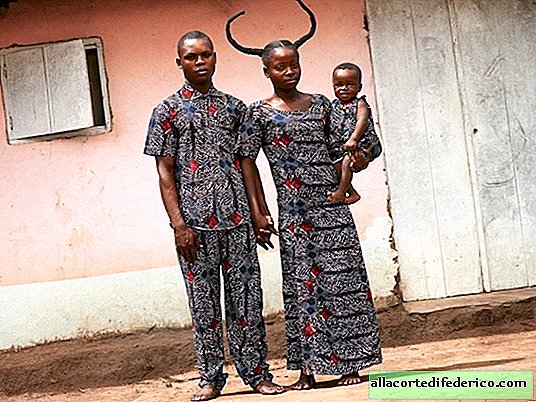Hundreds of thousands of mosquitoes per year: why in China they breed mosquitoes at the factory
China does not belong to those areas of the planet where people suffer from a shortage of mosquitoes and mosquitoes, rather the opposite. But it is precisely here, in China, that a grandiose factory is located that is engaged in the production of ... mosquitoes! But, paradoxically, this is done just for the sake of fighting them. What is the essence of unusual production?

If in Europe a systematic fight against mosquitoes has been waged for more than a decade, then in Southeast Asia this problem has been addressed relatively recently. Of course, the scale of the disaster is not comparable. If in Europe it is enough to treat stagnant water bodies with insecticides before the warm season and the problem is successfully solved, then in tropical Asia, in the conditions of a year-round warm and humid climate, the fight against blood-sucking insects turns into an endless, costly and almost yielding war.

These insects bring a lot of trouble. In addition to purely aesthetic inconveniences and unpleasant buzzing, they are carriers of a number of dangerous diseases from which thousands of people die every year. A negative effect should be attributed to a decrease in the recreational attractiveness of the territory, which for many tropical countries living off of foreign tourism is also becoming a serious economic problem. In a word, mosquitoes and mosquitoes related to them are an indisputable evil that must be fought. But how to do this when, it would seem, everything is on the side of terrible insects.

The answer to this question is known to Chinese scientists who breed very unusual mosquitoes at a specialized factory in Guangzhou. All grown insects are males that are infected with one beneficial bacterium. Every month, thousands of insects are born in the walls of this plant. When these males are crossed with wild females, the latter become infected with the bacterium and become infertile. Laboratory tests showed the high efficiency of this method, and the experimental population decreased by 90%. In addition to experiments with infertile females, scientists hope to isolate antibodies from mosquitoes that will help them resist transmitted diseases. After all, being carriers of various viruses and bacteria, mosquitoes themselves are capable of producing antibodies that can help scientists in the fight against Zika viruses and dengue fever.

















